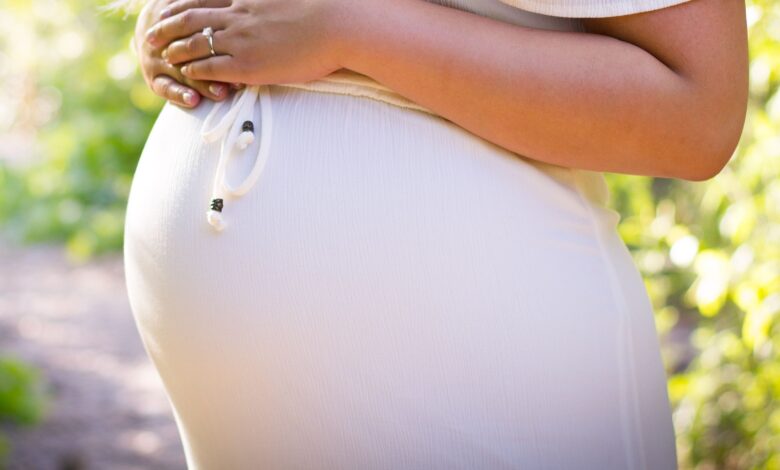Are Toxic Chemicals in Your Life Making You Infertile?

pregnancy planning
Mar 24, 2023
There has been more recent evidence indicating a link between toxic chemicals in your everyday beauty, cooking and household items that may make it harder for you to conceive.
I have written posts before about BPA and the dangers of perfluoroalkyl substances, or PFAS. These chemicals can remain in the environment for thousands of years and have been linked to infertility.
This latest evidence comes from a study by American and Singaporean researchers that suggests that the effect of PFAS on fertility may be greater than previously thought.
What they found was that women with certain types of PFAS in their blood who were trying to conceive had up to a 40 percent lower chance of conceiving.
As a result of this research; Scientists say the results should serve as a warning to women who want to have children to steer clear of chemicals that are added to everything from cookware, clothing, and makeup for their stain- and water-resistant properties.
Research author Dr Damaskini Valvi Their study is said to be one of the first to suggest that chemicals can harm the fertility of even healthy women.
What are ‘forever chemicals’?
‘Forever chemicals’ are a class of common industrial compounds that do not break down when released into the environment.
People are exposed to these chemicals after they come into contact with food, soil or water bodies.
These chemicals (PFAS) are added to cookware, carpets, textiles and other items to make them more water and stain-repellent.
The chemicals have also been linked to an increased risk of birth defects.
In their study, American and Singaporean researchers analyzed blood samples taken from 1,032 women.
They were all trying to have a baby and had an average age of 30, with samples taken between 2015 and 2017.
The researchers analyzed the samples for 15 specific types of PFAS and then followed each woman for at least a year to see if she successfully conceived.
The researchers, from the Mount Sinai health organization in New York, found higher exposure to PFAS was associated with a reduced likelihood of having a baby.
This is true for both individual types of PFAS and when their effects are combined.
Studies also suggest that they damage the immune system and increase the risk of birth defects.







